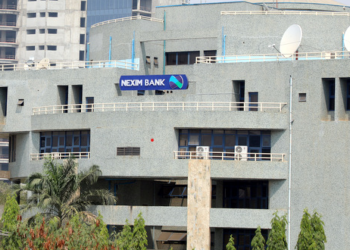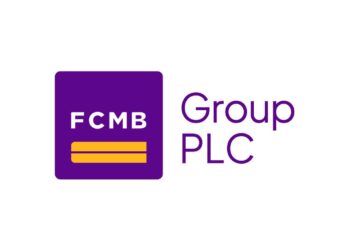Global bond traders who invested in Africa have gained richly, as the continent’s sovereign dollar debt has generated total returns of 20% since the start of 2019, more than any other emerging market.
A Bloomberg report that Egyptian pound and Nigerian naira bonds each returned more than 30% in dollar terms and this trend is expected to continue if major central banks of the world keep their current positions. African bonds will remain in hot demand.
Meanwhile, JPMorgan Chase & Co. indexes Africa’s Eurobonds have performed the best in emerging markets this year, with the extra yield investors get when buying sovereign dollar bonds in Africa rather than the U.S.
The report added that treasuries have narrowed almost 100 basis points this year, and still, at 461 basis points, the spread remains the highest of any emerging-market region and double that of Eastern Europe.
Africa is a “land of opportunity” and could be one of the main beneficiaries if the U.S. and China make more progress on trade talks, said Bank of America strategists, including London-based David Hauner. But investors face plenty of potential risks in 2020. South Africa could lose its last investment-grade rating, Ghana’s government might ramp up spending ahead of elections, Zambia’s debt crisis could spiral out of control and Nigeria may be forced to devalue its currency.
[READ MORE: CBN says Nigerian banks’ assets and liabilities are now at N41.42 trillion)
However, Nigeria’s status as one of the world’s best carry trades is expected last as long as the Central Bank Governor, Godwin Emefiele keeps the naira stable, which is becoming harder, as Nigerian foreign reserves have dropped 14% to $39 billion since July.
The Central Bank had indicated it would let reserves fall a lot further before stopping intervention in the foreign exchange market. Fiscal authorities, meanwhile, will try to boost an economy that’s been growing more slowly than the population for the past 5 years with revenue from government taxes.
























